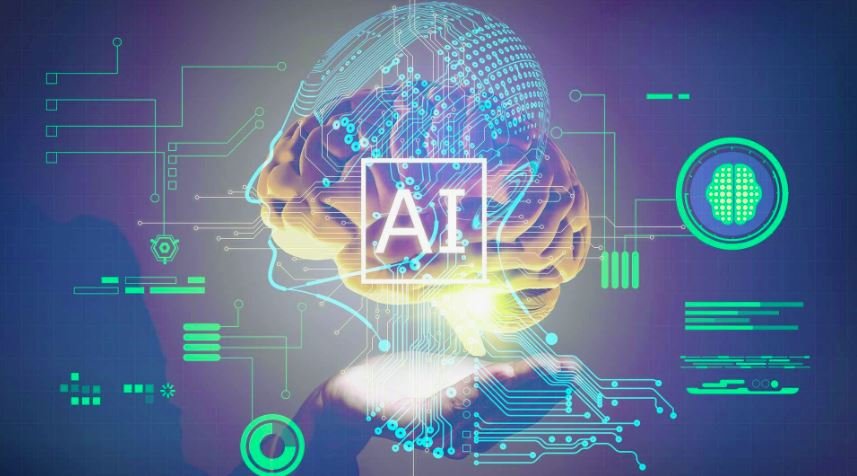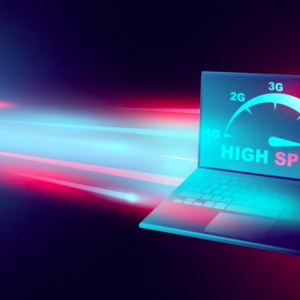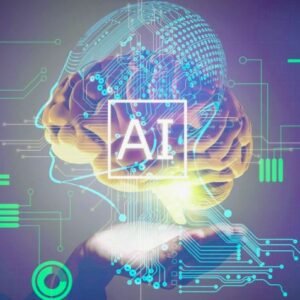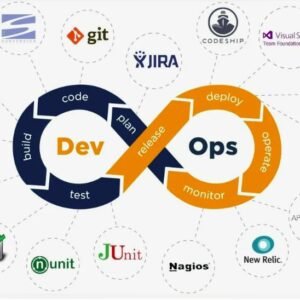Artificial Intelligence (AI) has swiftly moved from a futuristic idea to a core facet of our daily lives. From smartphones that predict our behavior to algorithms that drive huge business decisions, AI’s influence is pervasive. But what lies ahead in the AI journey? This article dives deep into the potential future trends in AI development and the exciting new applications we might soon witness.
Understanding AI: A Quick Recap
AI, in its simplest form, refers to systems or machines that mimic human intelligence to perform tasks and can iteratively improve themselves based on the information they collect. AI impacts numerous sectors including healthcare, finance, education, and more, providing solutions that are not only efficient but also scalable and cost-effective.
Future Trends in AI Development

Increased Automation
Automation, powered by AI, is set to become more refined and widespread. This trend will see AI taking over more complex tasks that have traditionally required human intelligence, particularly in manufacturing and service industries.
Advancement in Natural Language Processing
Natural Language Processing (NLP) is poised for significant breakthroughs that will enhance how machines understand and respond to human language, making interactions with AI more fluid and natural.
Expansion of AI in Healthcare
AI’s role in healthcare is expanding beyond diagnostic assistance to include personalized medicine, patient management, and even robotic surgeries, significantly altering the landscape of medical care.
AI and Ethics: A Growing Concern
As AI becomes more integral to our lives, ethical concerns such as privacy, consent, and accountability are becoming more critical. The development of ethical AI will be a significant focus to ensure technologies are developed and implemented responsibly.
The Role of AI in Environmental Sustainability
AI is starting to play a key role in environmental sustainability, helping to tackle issues from climate change to resource conservation through more efficient processing and predictive analytics.
New Applications of AI

AI in Personalized Education
AI is set to revolutionize the educational sector by offering personalized learning experiences based on individual student needs and learning paces, potentially improving outcomes significantly.
Revolutionary AI in Agriculture
AI applications in agriculture will aim to increase efficiency and yield while reducing the environmental impact, using data analytics for better crop management and soil health.
AI-Powered Disaster Management Systems
AI can enhance disaster response and management through predictive analytics and simulation, providing authorities with better tools for planning and response.
Enhancements in Autonomous Vehicles
Autonomous driving technology will continue to advance, making self-driving cars safer and more prevalent on our roads.
AI in Space Exploration
AI is expected to play a pivotal role in future space missions, from spacecraft navigation to analyzing data from distant planets and stars.
Challenges and Considerations
While the prospects of AI are exciting, they come with challenges such as ensuring data privacy, addressing AI bias, and bridging the digital divide to make AI accessible to all.
The Economic Impact of AI
AI’s impact on the economy is twofold: while it may displace some jobs, it also creates new opportunities and markets, potentially leading to a net positive economic impact.
Conclusion
The future of AI is not just about technological advancements but also about addressing the ethical, social, and economic implications of these technologies. As we continue to explore the capabilities of AI, we must do so with caution and responsibility.








